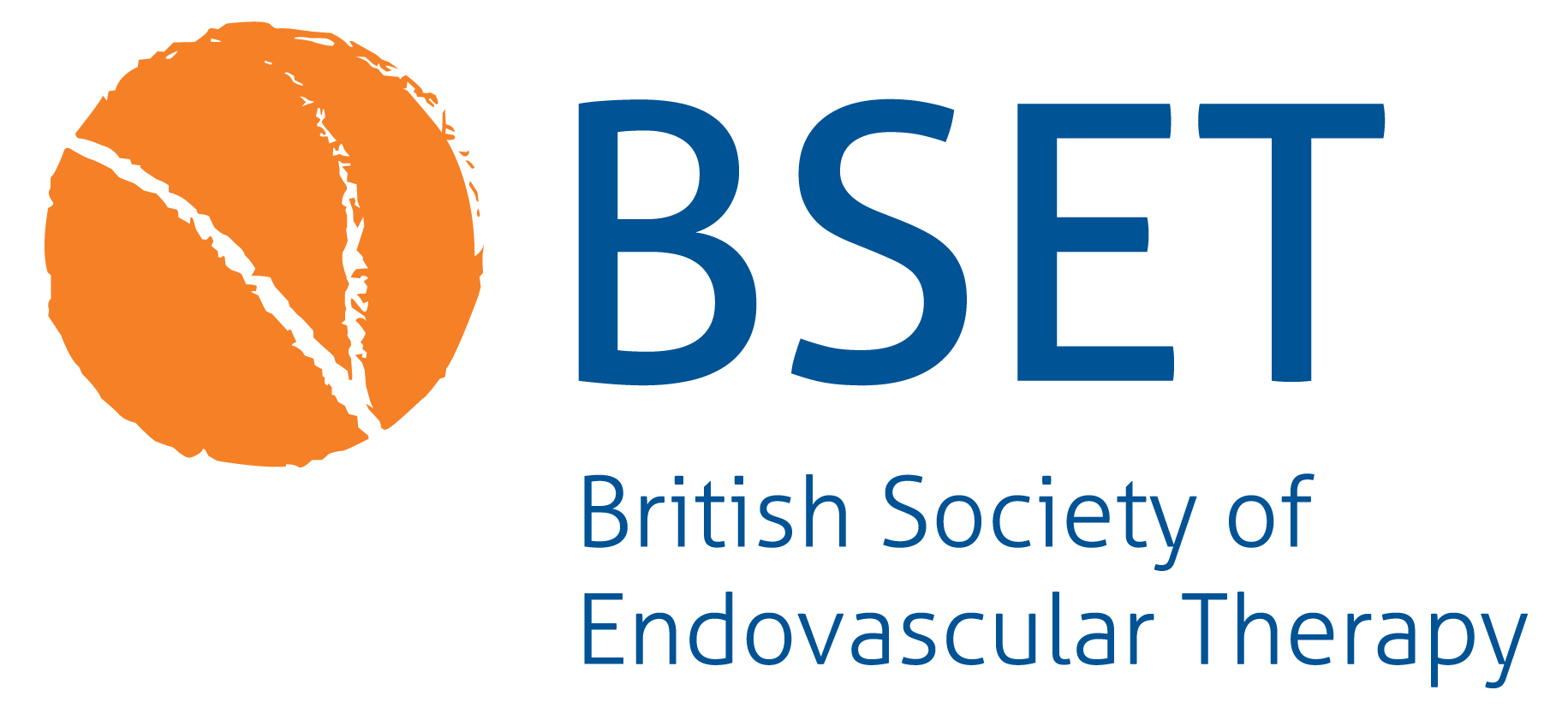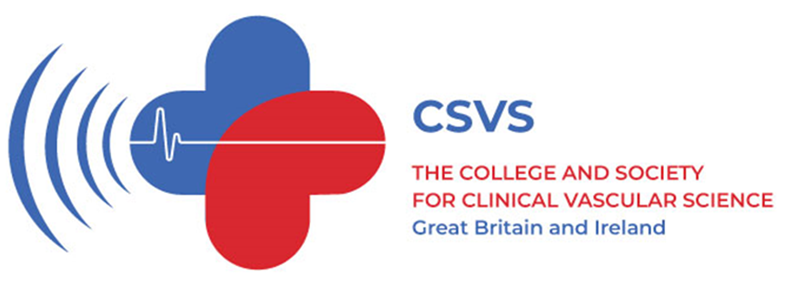Volume 2 Issue 3
Ambulatory vascular clinics provide a safe and effective pathway for management of chronic limb threatening ischaemia
Introduction The management of chronic limb threatening ischaemia (CLTI) has changed rapidly over recent years, both due to the newer technologies in the realm of endovascular surgery1 and the current model of centralising vascular services.2 The outcomes of lower limb revascularisation, however, remain fairly poor, with a recent randomised controlled trial showing a 33–37% mortality…
Trends in lower limb deep vein thrombosis and associated deep venous procedures across the United Kingdom from 1998 to 2022
Introduction Deep vein thrombosis (DVT) affects as many as 35,000 people per annum in the UK.1 DVT causes substantial morbidity, with as many as 50% of those affected developing post-thrombotic syndrome (PTS), characterised by lifelong leg pain, oedema, skin changes and ultimately venous ulceration.2,3 PTS results in reduced quality of life (QoL) and an overall…
Restructuring of the UK Vascular Services: does the hub versus spoke model affect patient mortality in ruptured abdominal aortic aneurysms?
Introduction Ruptured abdominal aortic aneurysms (AAA) are a frequently fatal vascular condition with a mortality rate of up to 80%.1 The Office for National Statistics (ONS) identified over 4,000 deaths from aortic aneurysm and dissection in England and Wales in 2019, with the highest prevalence in men over 65 years old.2 Current management involves either…
Research Priorities for Carotid Conditions: results of the UK Vascular James Lind Alliance Priority Setting Process
Background Fifteen percent of ischaemic strokes are thought to be caused by thrombotic or embolic carotid artery disease, and these carotid-related strokes are commonly fatal or disabling.1 Globally, carotid disease and specifically carotid stenosis affects an estimated 21.2% and 1.5%, respectively, of those aged 39–79 years.2 In 2016, 9.6 million cases of ischaemic stroke led…
Patient-reported quality of life factors in vascular surgical wounds healing by secondary intention (SWHSI): a qualitative patient and public involvement (PPI) exploration
Introduction Over 10 million surgical interventions are performed in the National Health Service (NHS) every year.1 Most surgical wounds are closed by primary intention and the edges of the wound are held together with sutures, staples or glue. In cases of wound infection, contamination, dehiscence or where wound edges cannot be approximated, surgical wounds may…
- « Previous
- 1
- 2
- 3
- Next »











